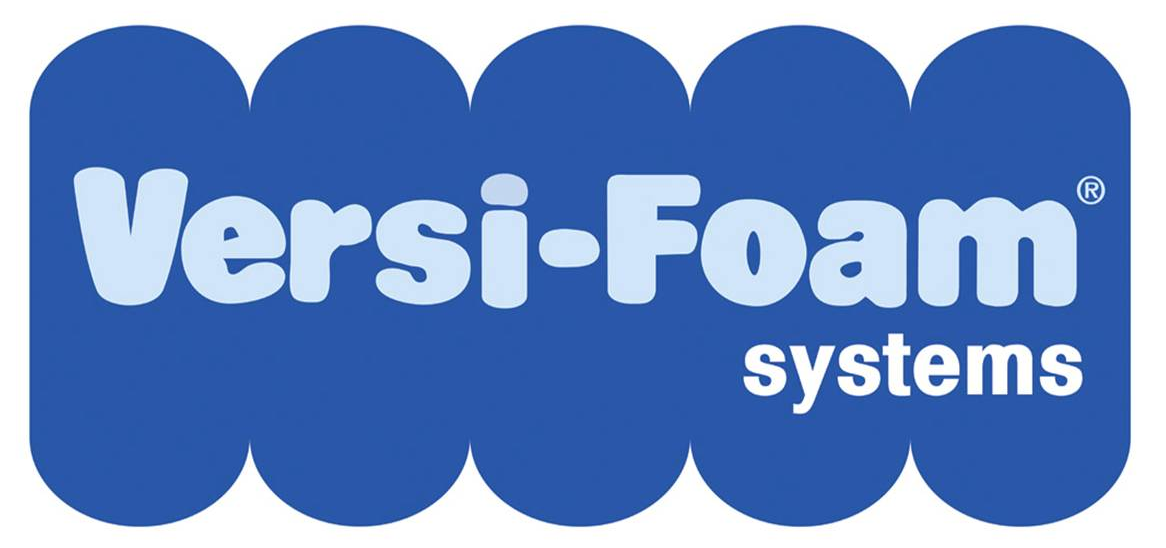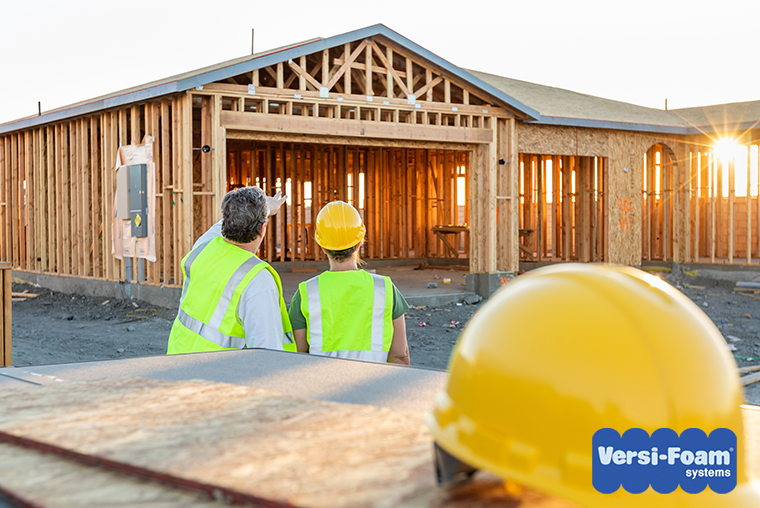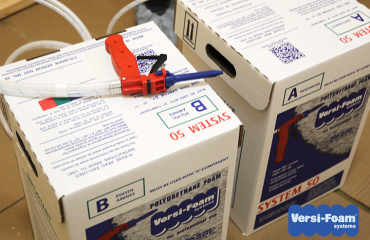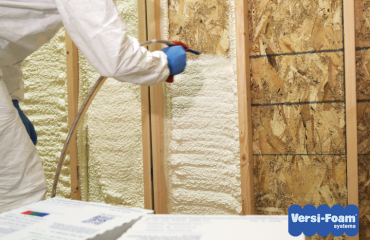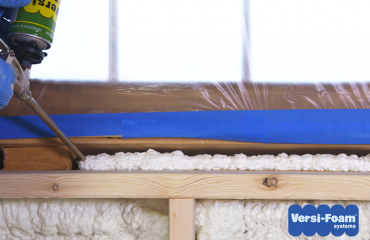We’ve covered hiring a green contractor—but what if you’re doing it yourself? No matter the size of your project, you must consider the environmental impact of your new build or renovation. How can you reduce your carbon footprint and increase your green building footprint?
Before you start gathering materials, the answer is clear: green products are the way of the future. Versi-Foam® has got environmentally friendly insulation covered for you, but here are the best green products for all of your other project needs.
Best green building materials
There are eco-friendly options to consider for every element of your upcoming project—from the materials used to craft the structure itself to the products you cover it with and put inside of it. In order to select the best green products for your next project, the following are some materials to consider.
Sustainable flooring
Using reclaimed wood is a fantastic way to save trees from being cut down and keep lumber out of landfills. According to Dumpsters.com, reclaimed wood is most often found from or through:
- Retired barns
- Salvage yards
- Shipping crates and pallets
- Excavation companies
- Home remodeling companies and contractors
- Specialty buyers
Other good options for sustainable flooring include bamboo, cork, mycelium, and ferrock. Bamboo works well as a replacement for traditional hardwood, though, cork is a desirable option, too, as it’s “highly renewable, but cork also has hypoallergenic properties, fire retardant qualities, and is resistant to liquids.”
Recycled steel
Particularly in areas where natural disasters or inclement weather, such as high winds and earthquakes, are prevalent, steel is the smarter material to use for a home or building’s beams. Steel construction materials are 100% recyclable, giving steel beams an infinite shelf life that drastically reduces your carbon footprint when you purchase them pre-owned.
Moreover, “steel is the material of choice by engineers and architects because of its inherent strong performance characteristics such as durability, reliability, versatility in design and consistency,” according to the American Iron and Steel Institute (AISI).
Energy-conserving windows and doors
The windows and doors you choose can greatly affect the overall sustainability of your home and its effect on the environment—and your wallet. Energy efficient windows are the smart choice, specifically windows made with Low-E, or low-emissivity, glass.
Low-E windows have a special coating that allows them to reflect both short- and long-wave infrared rays. This prevents heat transfer and ensures that only visible light is able to pass through the glass from either direction. You get all of the light and none of the increase in temperature, as well as lower energy bills and less fading of furniture, rugs, and carpet.
Energy-efficient insulation
Versi-Foam® spray foam insulation kits offer an energy efficient and LEED-certified option that will also save you time and money. This easy-to-use product boasts SPF insulation technology that helps you reduce your use of fossil fuels, which means less greenhouse gases emitted. Much like cork’s hypoallergenic properties, Versi-Foam® insulation also enhances interior air quality—eliminating nearly all bacteria, toxins, mold, and asthma-threatening elements.
Solar panels or roof tiles
Solar panels are a well-known piece of sustainable technology and a great source of renewable, or clean, energy, but have you heard of solar roof tiles? Designed to look like standard asphalt shingles, solar roof tiles can be installed as part of the roof itself or mounted on brackets on top of pre-existing shingles.
While both have their advantages, installing solar technology of any kind will save you money, improve the value of your home and your environmental impact, require little to no maintenance, and provide energy independence. You will also be eligible for the Solar Investment Tax Credit (ITC) in the U.S.—a 26% tax credit applicable for both residential and commercial structures.
Let us help you choose the right insulation for your next project. Contact us today!
